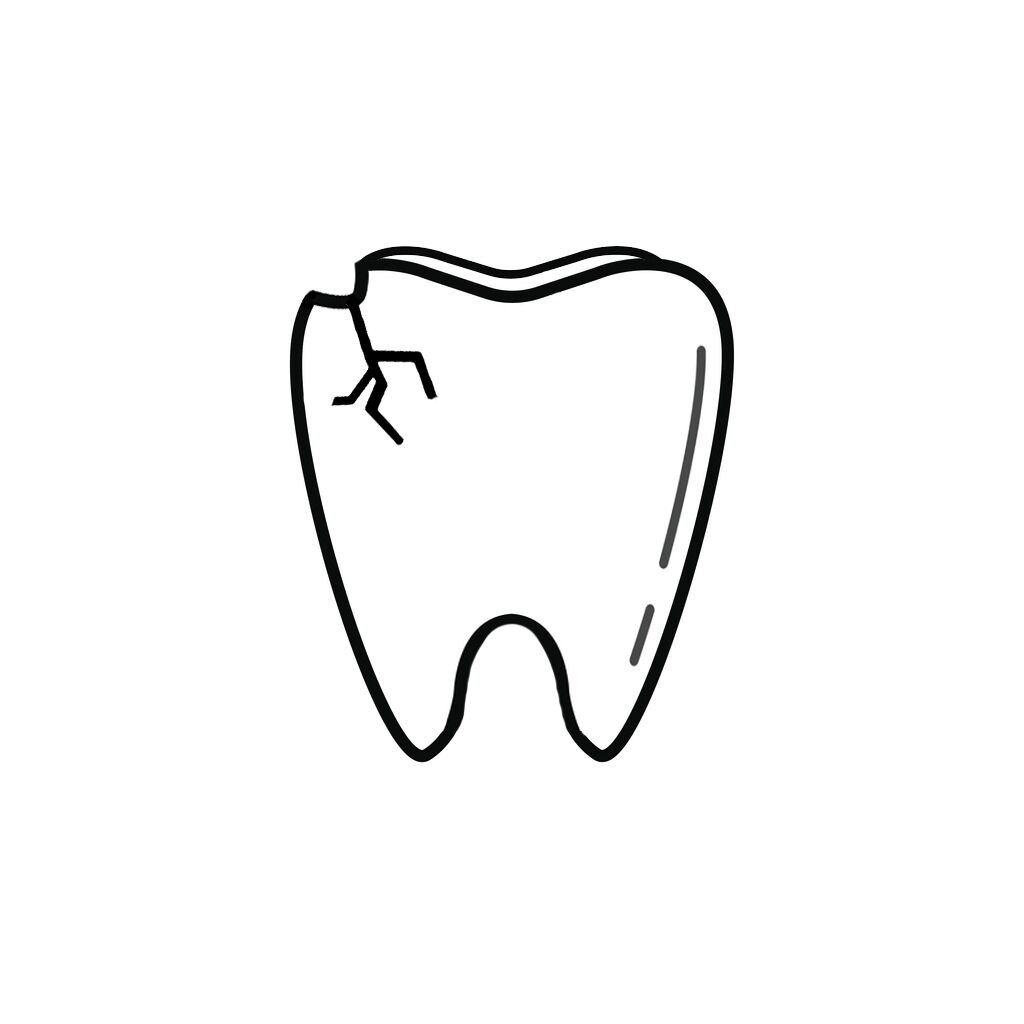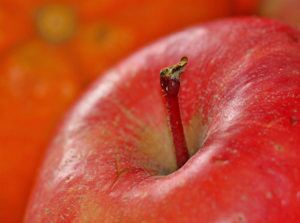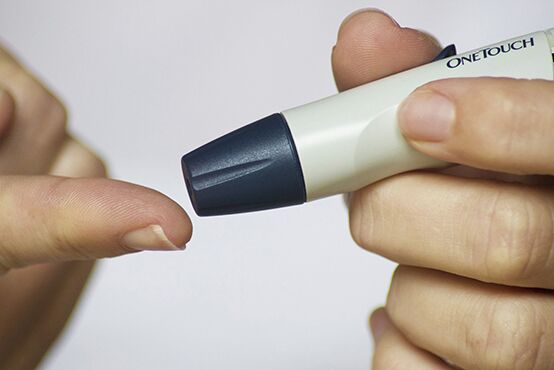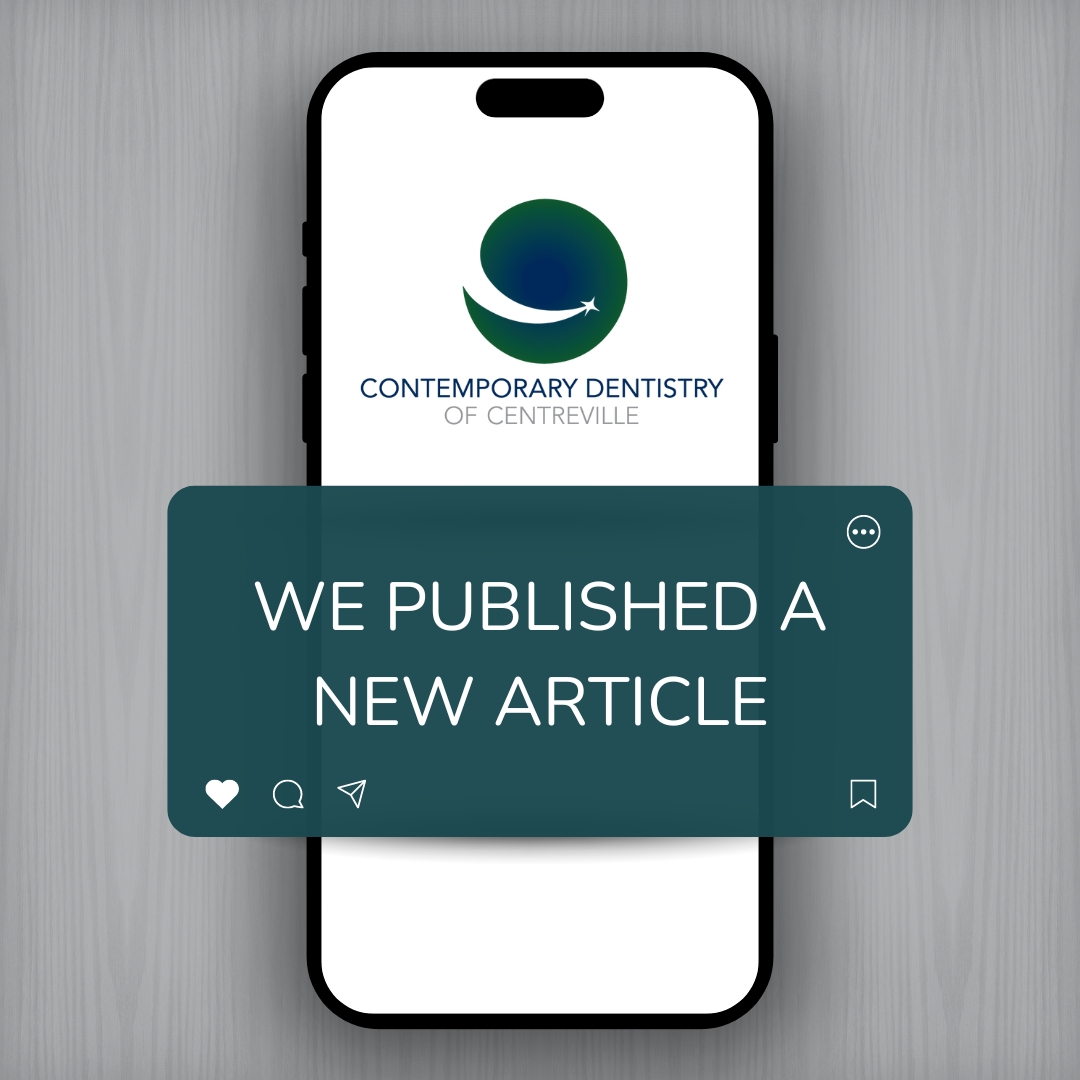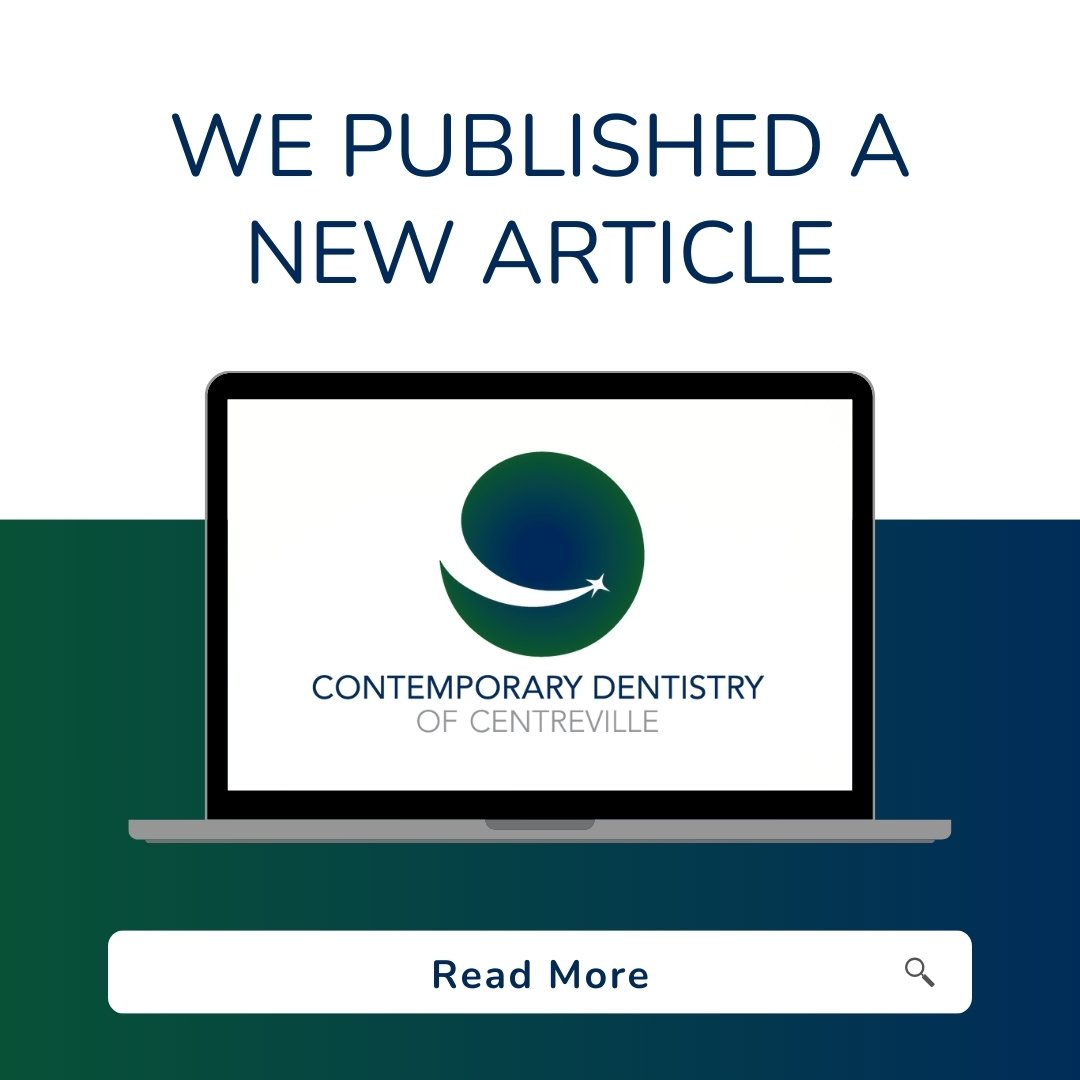
A canker sore can make eating, drinking, and talking difficult and even painful. Maintaining your oral health by brushing and flossing may also be difficult with a sore in your mouth, but keeping up with your daily oral hygiene routine is an important step in the healing process. We’ve put together a short guide to everything you need to know about canker sores.
What do they look like?
Canker sores are usually small, round reddish sores. You’ll find them on the soft tissues of your mouth, such as your tongue, the sides of your mouth, and at the base of your gums. Occasionally, a sore might have a yellow or white colored center.
What causes them?
Among the most common causes of canker sores are injuries. This can happen from biting your lip or cheek, an injury from sports, or even vigorous brushing. Certain people are sensitive to toothpastes containing sodium lauryl sulfate, leading to sores. Foods may also cause canker sores in certain people. Chocolate, eggs, nuts, and spicy foods have been known to cause the sores. At times, a diet that is deficient in vitamin B-12 or zinc is the culprit.
What can I do?
Your best defense is to keep your mouth healthy. This means keeping up with your twice-daily brushing and daily flossing. With a mouth sore, it may be tempting to avoid the area when brushing your teeth. This can lead to a buildup of plaque and bacteria. Aid the healing process by keeping your mouth clean and healthy. You may also try a mouthwash formulated for mouth sores. When in doubt, or if pain persists, talk to our team.
Brush thoroughly but gently around sores. Most canker sores heal within a week. If you find you are regularly getting sores, or they are taking longer than one week to heal, schedule a visit to our office. We will assess your oral health and provide you with our expert advice.
For more information about oral health or to schedule your next visit, please contact our office. We look forward to seeing you.



